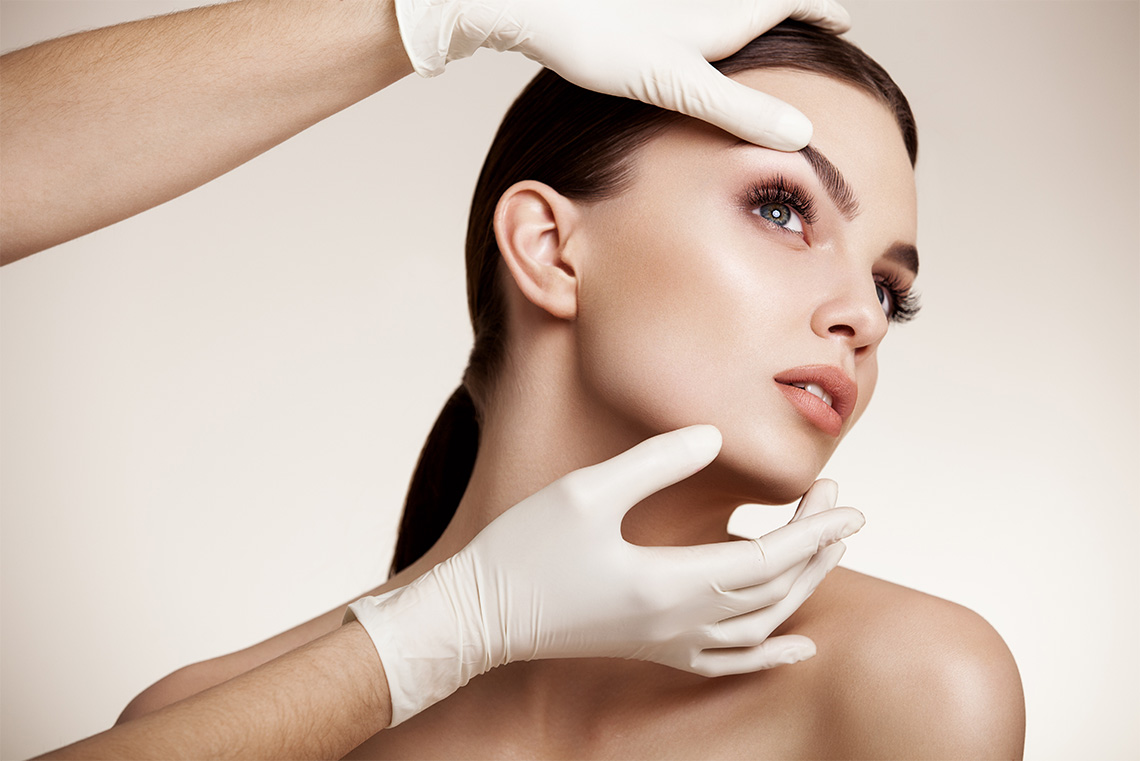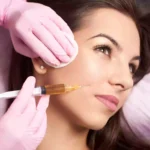
THE WHAT? Estée Lauder Companies is facing a class action lawsuit over its failure to disclose a collection of consumers’ biometric facial scans in Illinois, according to ClassActiong.org.
THE DETAILS? According to the filing, there is concern over facial scanning technology, with ELC said to fall short of the clear mandates set by Illinois Biometric Information Privacy Act (BIPA).
The company is said to have ‘refused’ to inform or gain consent from those using the Virtual Try-One tool before collecting their facial recognition.
Consumers are presented with a link to ELC’s privacy policy when using the tool, rather than receiving a comprehensive disclosure of the company’s capture of their facial scans.
However, the privacy policy doesn’t include the disclosure that ELC collects, captures, possesses or otherwise obtains consumers’ sensitive biometric data, according to the suit.
THE WHY? The complaint states that “Estée Lauder has violated [the] BIPA—and continues to violate [the] BIPA—each and every time a website visitor based in Illinois uses the Virtual Try-On tool, because Estée Lauder continues to collect and store or facilitate the storage of biometric information or biometric identifiers without disclosure to or consent of any of the consumers who try on cosmetics on their website, necessarily using Estée Lauder’s Virtual Try-On tool to do so.”
Looking to cover all consumers whose biometric identifiers were captured using ELC’s YouCam Makeup-powered tool in Illinois over the last four years, ELC is required to disclose in writing the “specific purpose and length of term” for which the biometric data will be collected, stored and used, according to the suit.
Aesthetic products generally refer to a broad category of items designed to enhance or improve one's appearance, often focusing on skincare, beauty, and personal grooming. These products are typically used to maintain or enhance physical attractiveness and may include a wide range of items intended for both professional and personal use. Here are some common types of aesthetic products:
-
Skincare Products: Including cleansers, moisturizers, serums, and treatments designed to address various skin concerns such as acne, aging, hyperpigmentation, and sensitivity.
-
Cosmetics: Makeup products such as foundations, concealers, eyeliners, lipsticks, and eyeshadows used to enhance facial features and achieve desired looks.
-
Hair Care Products: Shampoos, conditioners, styling products, and treatments to maintain and improve the health and appearance of hair.
-
Fragrances: Perfumes and colognes used to enhance personal scent and attractiveness.
-
Dental Care Products: Toothpaste, mouthwash, whitening treatments, and dental floss aimed at maintaining oral hygiene and enhancing smile aesthetics.
-
Personal Grooming Tools: Including razors, electric shavers, trimmers, and grooming kits used for hair removal and personal hygiene.
-
Beauty Devices: Devices such as facial cleansing brushes, LED light therapy masks, and microcurrent devices designed for at-home skincare treatments.
-
Nutritional Supplements: Supplements aimed at promoting skin health, hair growth, and overall well-being, often containing vitamins, minerals, and antioxidants.



